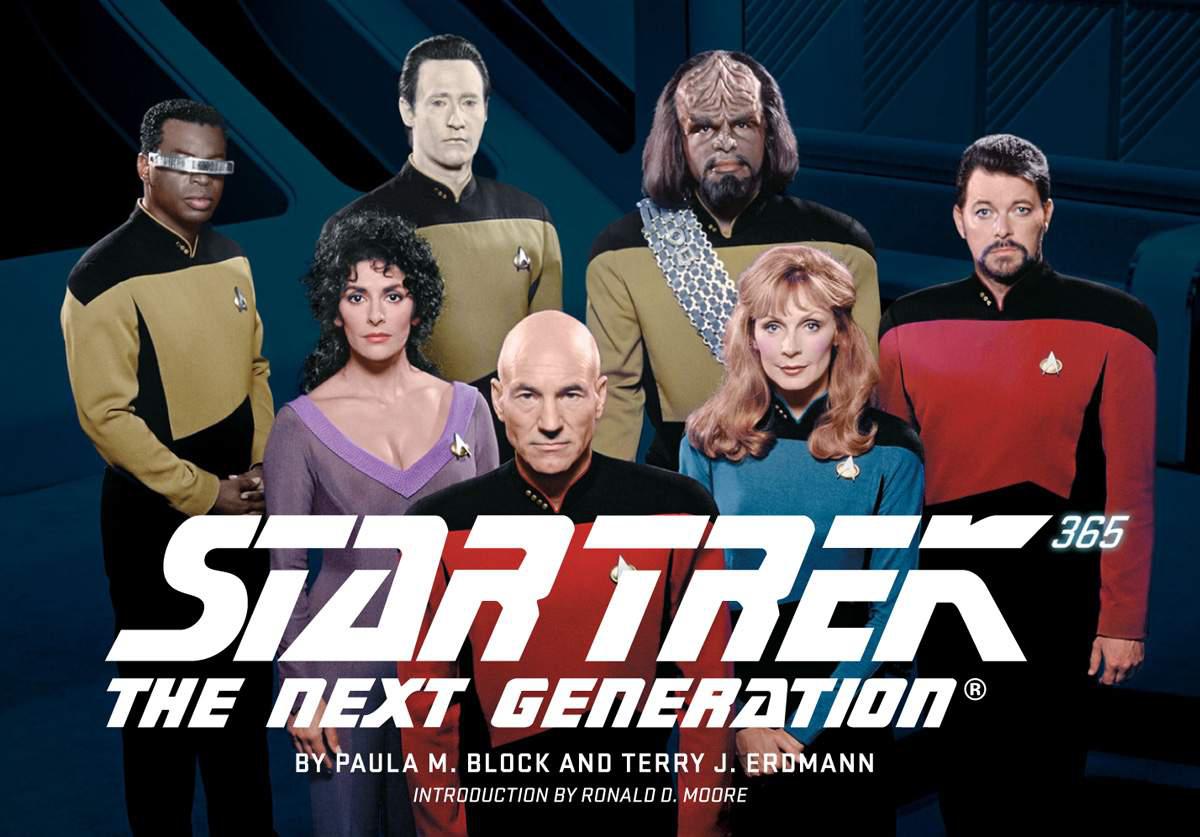
This show's primary plot is driven by this mission: "Space: the final frontier. These are the voyages of the starship Enterprise. Its continuing mission: to explore strange new world, to seek out new life and new civilizations, to boldly go where no one has gone before." This show doesn't have the typical problem that even more modern television regularly faces in regards to the representation of different groups of people, however. Rather, they present a problem of misrepresentation, which leads to problematic identification and alienation problems that run rampant within our own 21st century that we could've hoped to avoid by the (at least seemingly) progressive society presented to us in the 24th.
Even in the main (senior staff) cast, the only two people of color are otherwise significantly deviants from the social norm. Lieutenant Worf, played by Michael Dorn, is a Klingon. This alienates him from the rest of the cast. Literally. He takes great pride in his culture, but he doesn't always quite understand the rest of the predominantly human crew's ideals and ideologies, despite the fact that he's lived with humans his whole life. Chief Engineer, Geordi La Forge, is, unlike Worf, human, but is completely blind and has to wear a VISOR in order to see. This also visually separates him from the cast, and he has a couple of storylines throughout the series that explores this "otherness." Aside from these two officers, the show explores several other social identities, but similarly in the form of new species and civilizations found on other planets.
An argument could be made that these story lines and characters are the result of the writers attempting to achieve universality. For instance, in Hum's "Racialized Gaze," this perception as design "provides a valuable theoretical framework for visual rhetoric, exegesis, and cultural analysis by directing our attention to how designers may unwittingly sustain practices of racialization and perpetuate racially-based socio-cultural exclusions. (Hum, 192) However, specifically with the cases similar to Worf, the actual naming of another species is enough cause for concern, where Star Trek writers fail to transcend their terministic screens and portraying these characters and their issues in a way that doesn't simply cater to accepted societal values and norms. According to Burke in his "Terministic Screens," "Not only does the nature of our terms affect the nature of our observations, in the sense that the terms direct the attention to one field rather than to another. Also, many of the "observations" are but implications of the particular terminology in terms of which the observations are made." (Burke, 46) Therefore, it's not simply in this portrayal- it's in the actual naming- these "others" actually are others.
No comments:
Post a Comment
Note: Only a member of this blog may post a comment.